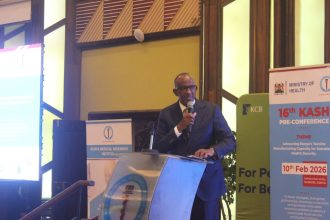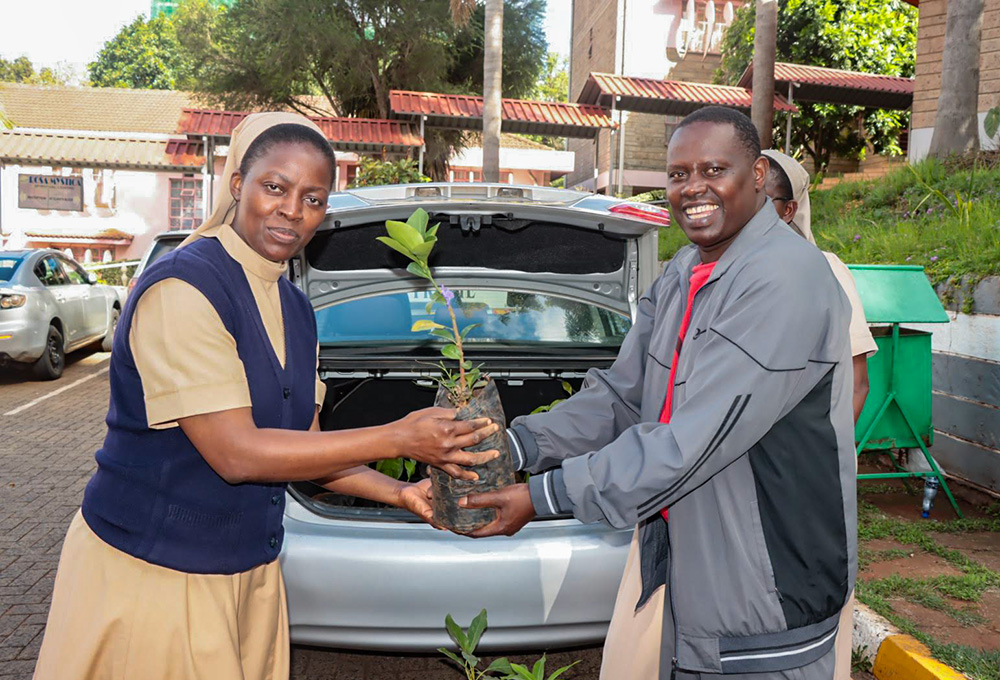By Henry Neondo
Faith-based academic institutions and Christian leaders in Kenya are emerging as strong voices in the fight against climate change, blending theology, ethics, and environmental science to inspire action.
Martin Mukusa, Jecinter Okoth and Frank Mwinganyama from Daystar University, the Association of Member Episcopal Conferences in Eastern Africa and the Archdiocese of Blantyre, respectively, underscored the potential of religion to mobilise millions towards environmental stewardship.
Speaking at the fourth Annual Scientific Conference on Climate Change held at the Daystar University, one on ecological awareness in faith-based universities, and another on Christian perspectives on climate change, the speakers agreed that climate crisis is not just a scientific issue, but a moral, social, and spiritual one. “It threatens ecosystems, food security, and the well-being of vulnerable populations”.
“Humanity is called to be caretakers of creation,” said Mukusa, citing biblical passages such as Genesis 2:15, which describes God placing man in the Garden of Eden “to work it and keep it.” Mukusa emphasized that the Old and New Testaments, alongside the moral authority of the church, provide a powerful framework for promoting sustainability.
Drawing on Pope Francis’s encyclical Laudato Si, Mwanganyama and Okoth noted that religious teachings can inspire tangible action — from tree-planting drives to community clean-ups — when combined with environmental education.
A recent study involving five faith-based universities in Kenya revealed that ecological awareness is steadily taking root on campus. Students are engaging in green initiatives such as Laudato Si Week, tree planting, and environmental guardianship programs.
However, challenges remain. Some theological differences slow the adoption of unified environmental policies. In certain cases, faculty members show little interest in integrating ecological topics into their teaching. There’s also occasional friction between scientific explanations of climate change and theological interpretations.
Beyond campus walls, churches are being urged to take a proactive role. Recommendations include integrating climate science into sermons, forming “Green Teams” to champion sustainable practices, and advocating for fair climate policies that protect the most vulnerable.
Biblical passages such as Psalm 24 (“The earth is the Lord’s and everything in it”) and Job 12 (“Ask the animals, and they will teach you”) were highlighted by Mukusa as spiritual anchors for climate action. The message is clear: creation care is not optional for believers; it’s a core expression of faith.
Both academics and clergy agree that faith communities have a unique opportunity — and responsibility — to lead on climate action. With over 2 billion Christians worldwide, coordinated theological and ecological education could help transform global environmental attitudes.
“The call to act for future generations is an act of justice, care, and reverence,” one speaker said. “Our stewardship must honour both the Creator and the creation.”
In Kenya, where faith institutions play a central role in shaping values, this blending of scripture and science could prove pivotal in the country’s climate resilience journey.




